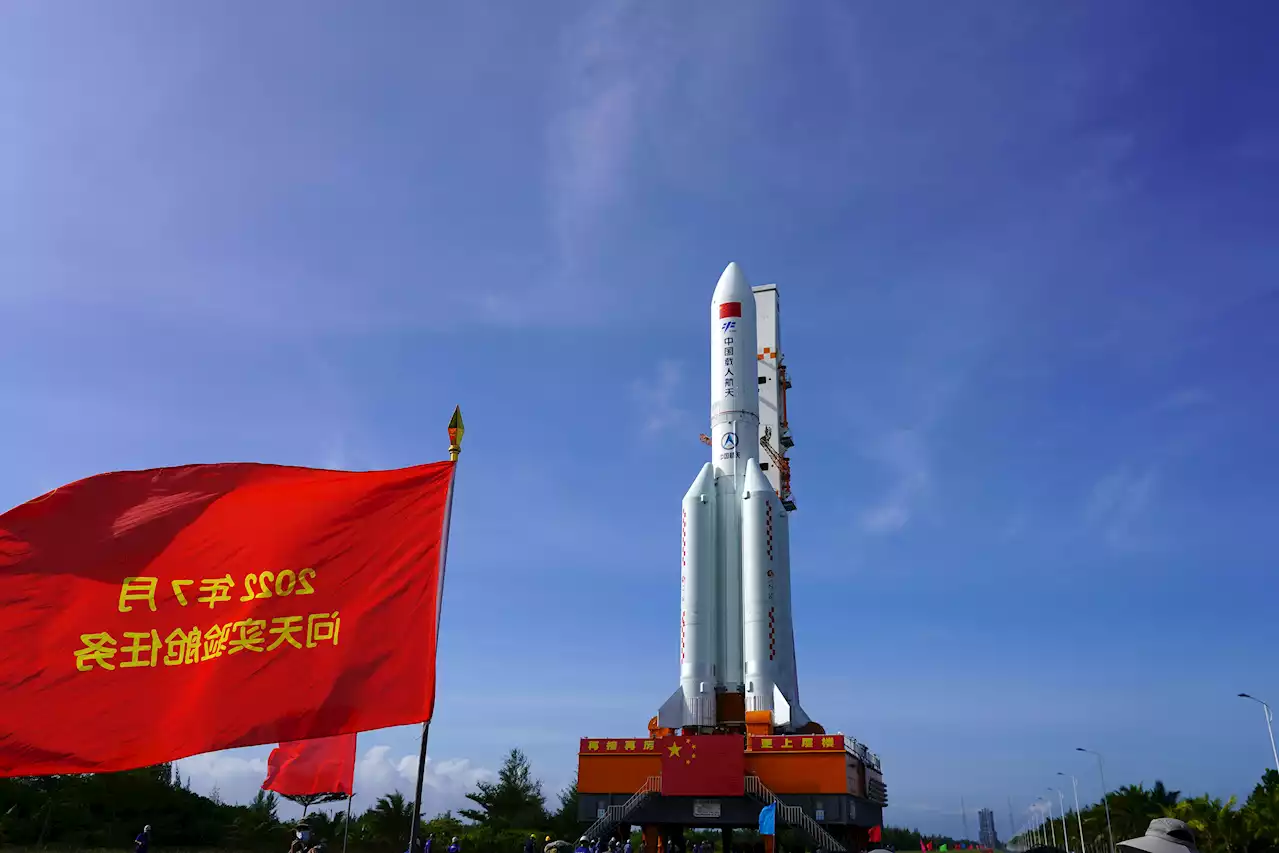In one week, China and SpaceX illustrated a growing problem
The core stage of a Long March 5b like this one rained debris down on Borneoistory remembers October 4, 1957, a lot better than it remembers January 4, 1958—though in recent weeks, the second date is coming to loom larger than the first. October 4, 1957, was the day the Soviet Union Launched Sputnik—the world’s first satellite—an achievement that heralded the start of the space age.
Just last weekend, on July 30, the 25-ton core stage of a Chinese Long March 5B rocket fell from the sky in an uncontrolled plunge. Up to 40% of the giant booster survived the heat of reentry, and despite Chinese assurances that the mass of spent metal posed little or no danger to population centers, chunks of debris rained down on Borneo.
The incident was especially troubling because most national space programs and private sector aerospace companies design their rockets to have enough maneuvering fuel left aboard to land at planned spots in the ocean or on vast stretches of unpopulated steppe or desert. The Long March 5B has no such guidance system., a 10-foot tall, monolith-like piece of debris that landed on an Australian farm last month has now been identified as belonging to SpaceX.
Ireland Latest News, Ireland Headlines
Similar News:You can also read news stories similar to this one that we have collected from other news sources.
 Virgin Galactic delays commercial space flights againBuys up land to train and entertain space tourists when they do start
Virgin Galactic delays commercial space flights againBuys up land to train and entertain space tourists when they do start
Read more »
 Where exactly did the customer install the software?You're asking us where you installed the software? oncall
Where exactly did the customer install the software?You're asking us where you installed the software? oncall
Read more »
 Virgin Galactic delays commercial space flights againBuys up land to train and entertain space tourists when they do start
Virgin Galactic delays commercial space flights againBuys up land to train and entertain space tourists when they do start
Read more »
 Five Chesterfield parks win prestigious Green Flag awardThe parks are given the international Green Flag quality mark for outdoor spaces.
Five Chesterfield parks win prestigious Green Flag awardThe parks are given the international Green Flag quality mark for outdoor spaces.
Read more »
